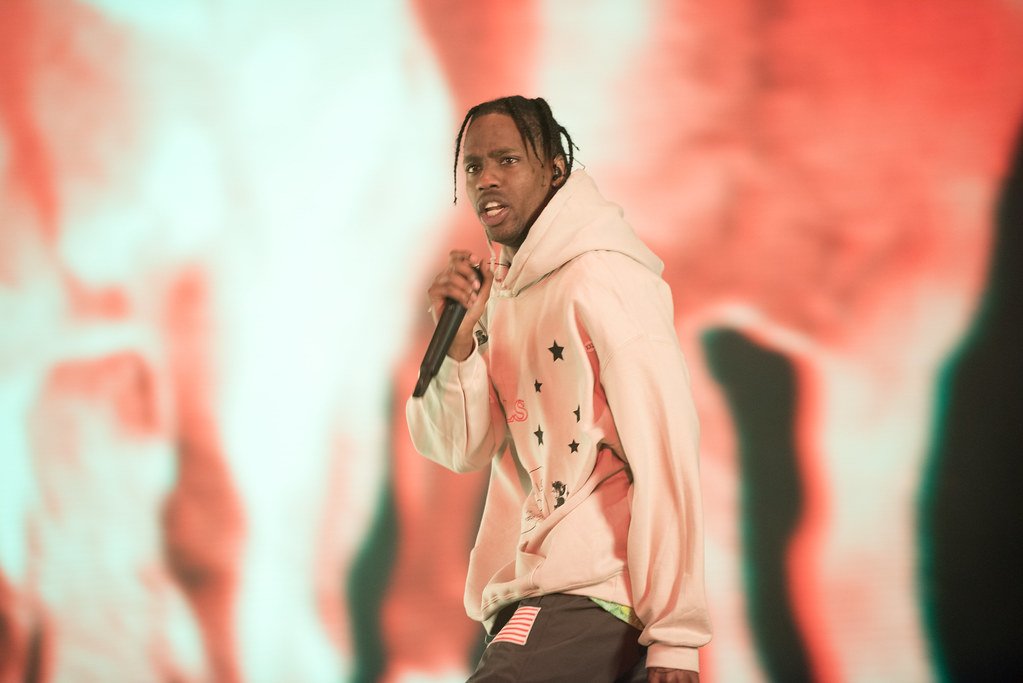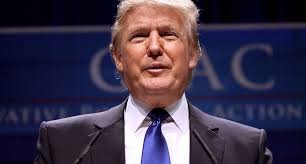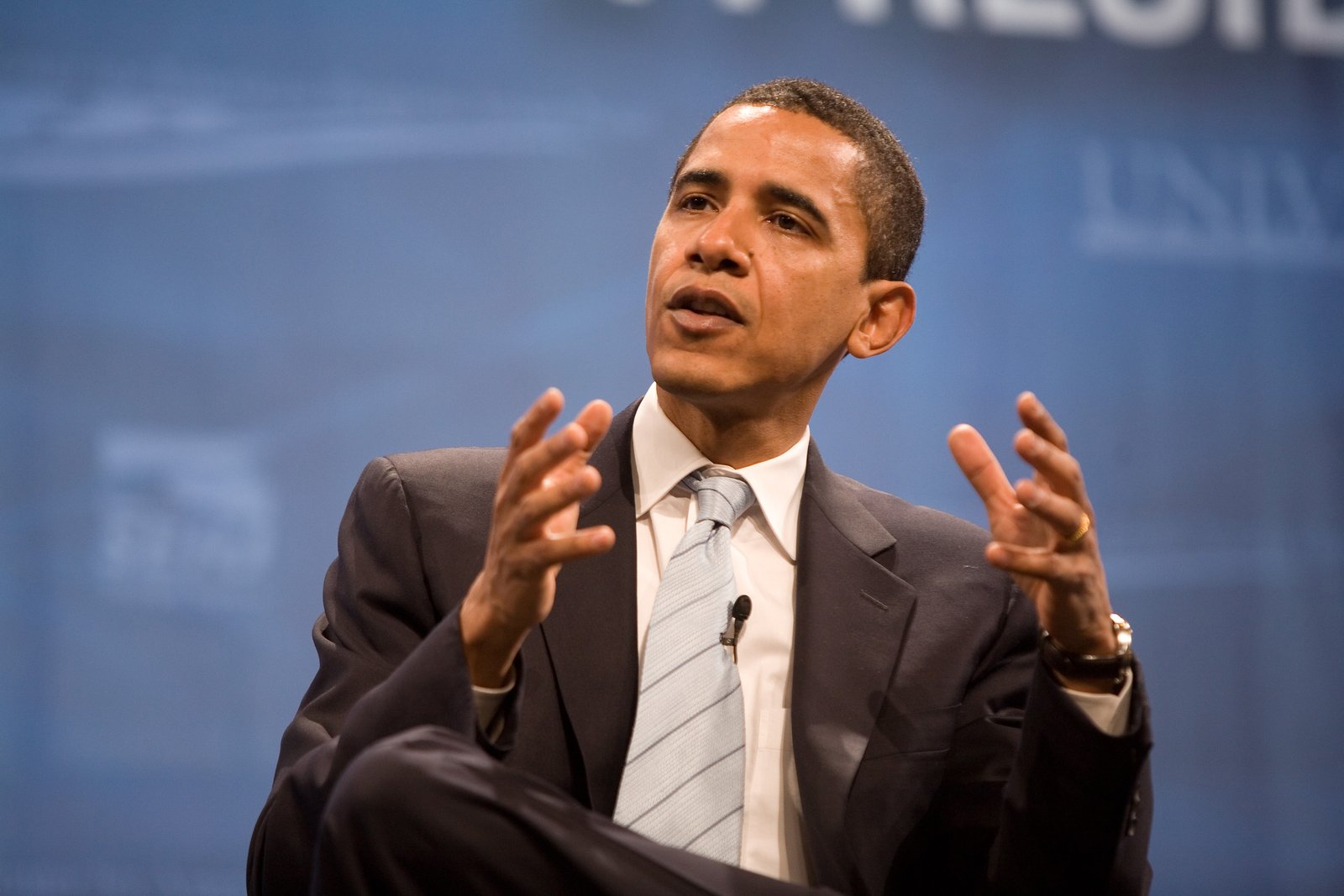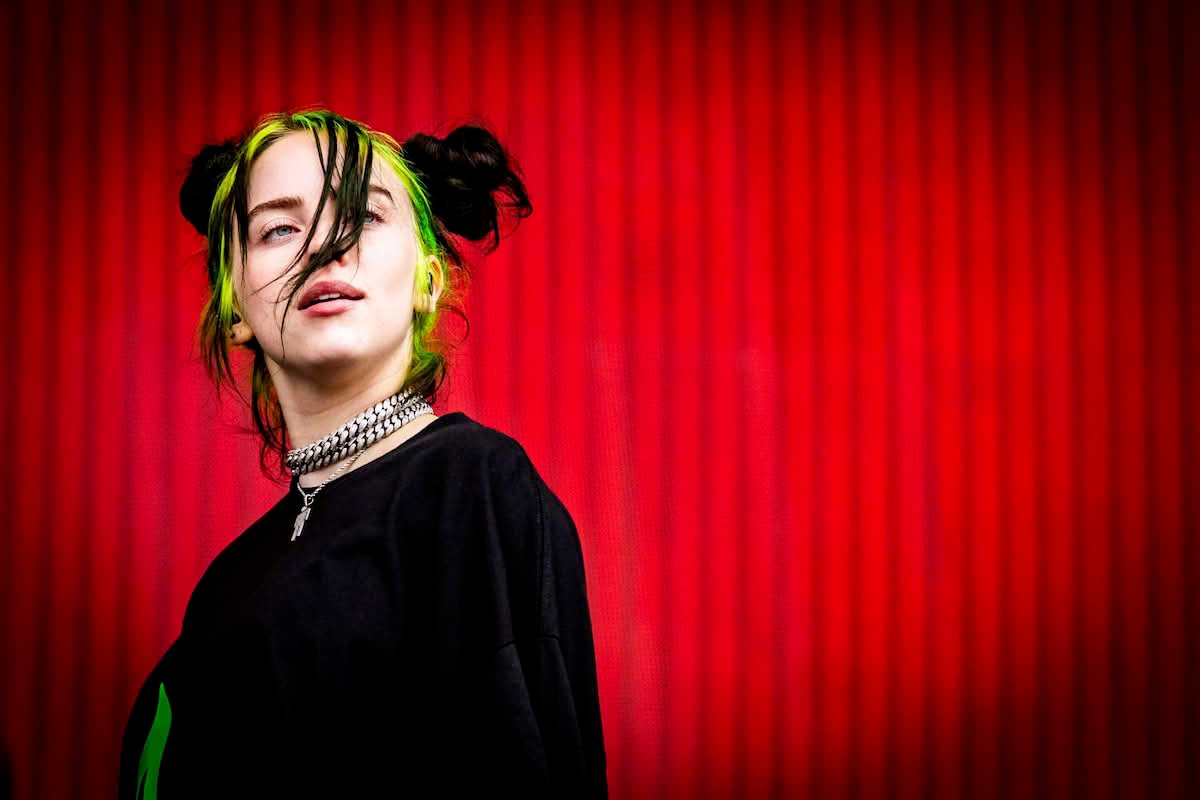Why Canceling Travis Scott Didn’t Work—And What That Says About Fame in 2025
Entertainment / Date: 06-25-2025

Travis Scott didn’t vanish. He got louder, richer, and strangely—more respected. The idea that Astroworld would end his career? That didn’t age well. This piece explores how Travis turned scandal into strategy, music into marketing, and chaos into a legacy play that nobody saw coming.
The “End” of Travis Scott Was Just Another Beginning

Let's be honest: after the disastrous 2021 Astroworld Festival, Travis Scott was expected to fade out. Some said he was finished. Some even went so far as to pronounce him "uncancelable" for good, in the most venomous manner imaginable.
But fast forward to 2025, and guess what? He’s still headlining festivals, dropping chart-dominating albums, and stacking brand deals like nothing happened.
This isn’t just a comeback story. It’s a case study in how modern fame—especially for Black male artists—is shaped, shattered, and spun again into gold.
The Sound Stayed Loud, Even When the World Got Quiet
While the world debated whether Travis should be held responsible for what happened at Astroworld, he did what he does best: he went into the studio.
When Utopia dropped in 2023, it wasn’t just an album—it was a statement. Dark, experimental, trippy, and full of rage, it wasn’t made to be liked. It was made to be felt.
And people felt it. Hardcore fans praised it as genius. Critics were split—but intrigued. Suddenly, the narrative was shifting. The guy who supposedly “didn’t care” was now painting sonic landscapes of anxiety, pressure, and guilt.
Was it apology by art? Not exactly. But it was emotionally louder than any press release could’ve been.
The Soundtrack of Avoidance—or Redemption?
Here’s the twist: Travis never really addressed Astroworld directly in lyrics. That annoyed some people. But others? They saw it as survival.
The truth is, cancel culture doesn’t work on artists who build worlds instead of reputations. Travis created a universe with Cactus Jack, Utopia, and those eerie, surreal live shows—and fans escaped into it with him.
And maybe that’s the uncomfortable part: sometimes, art does overshadow the artist.
Merch, McDonald's, and Monopoly: The Branding Genius Behind the Mask
Travis Scott didn’t just bounce back with music. He came back with... merch. Lots of it.
Shoes with Nike. A new collab with Jordan Brand in 2024 that sold out in seconds. A fast food menu hack at McDonald’s. Fortnite concerts. A film teaser under A24.
Let’s be real—this isn’t just a rapper. This is a full-on corporation.
While other artists chase virality on TikTok, Travis is doing brand takeovers like it’s Monopoly: music on one corner, sneakers on another, and a rollercoaster ride of hype wrapping around the block.
Did the Brands Ever Leave?
You’d think, post-Astroworld, companies would run from him. But nah.
Nike paused. Then came back. Cacti hard seltzer was shelved... then quietly relaunched under a different strategy. The machine didn’t break. It just rebooted.
And that says something kinda dark about our economy of influence: if you sell, you stay.
What Accountability Looks Like in the Fame Industrial Complex
Here's the Kicker: “Cancel Culture” Was Never Real for Guys Like Travis
Public apologies. Lawsuits. Cancellations. Something.
But here’s what actually happened:
- A few legal settlements (quietly).
- Some apologies (carefully worded).
- Zero criminal charges.
- And then? Business resumed.
So was justice served? Depends on who you ask.
To fans, Travis was scapegoated.
To critics, he dodged accountability.
To corporations? He remained profitable.
And maybe that’s the real truth of modern celebrity: money outruns morality every single time.
Redemption Without Apology?
We love a comeback story. And Travis? He fell—but didn’t grovel. He retreated, retooled, and then reemerged without ever fully bowing down.
That’s not traditional redemption. That’s rebranding as resilience. It’s calculated. It’s cold. And honestly? It worked.
Travis Scott Isn’t Just a Musician—He’s a Blueprint Now
You can see his influence in a new generation of rappers and creatives who aren’t trying to be liked. They’re building aesthetic empires—worlds you experience, not just listen to.
Travis was never about lyrics. He was about vibe. And now, that’s the new model: don’t chase bars—build a brand. He turned hype into architecture.
Man wearing the mask is still unknown.
But let’s not pretend we know the real Travis. He’s emotionally distant in interviews. Carefully curated on socials. He rarely speaks directly to controversy. He lets the music—and merch—do the talking.
That distance? It protects him. And in 2025, that’s part of the strategy.
If people can’t pin down who you are, they can’t fully cancel you. They can only keep guessing—and buying.
Follow Us
Newsletter
Subscribe to our newsletter to stay updated with our latest news and offers.
We respect your privacy.Trending










